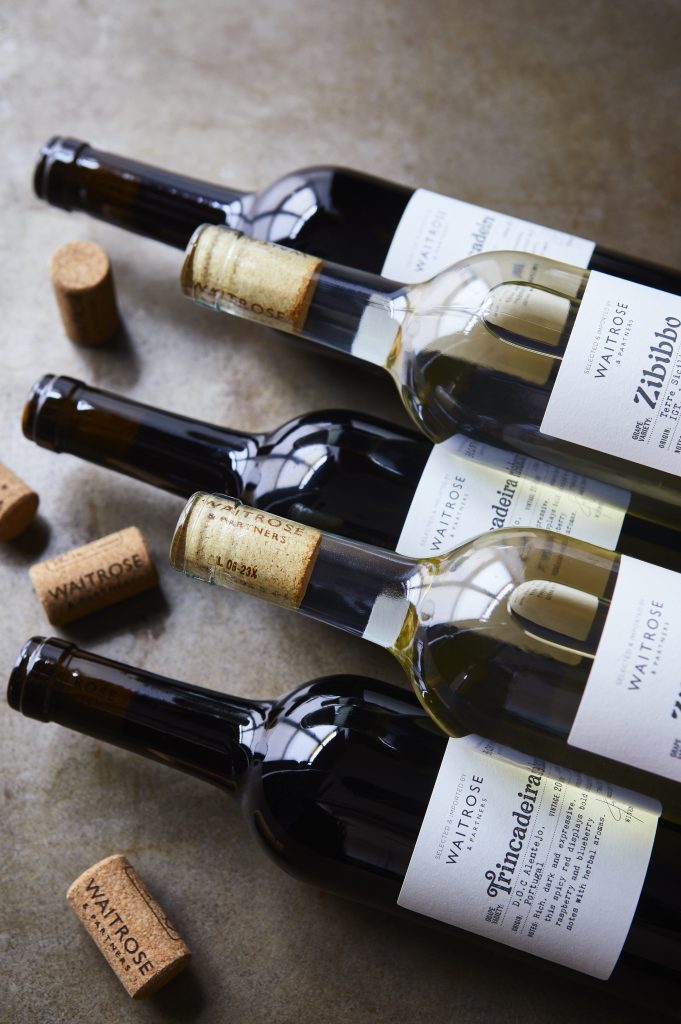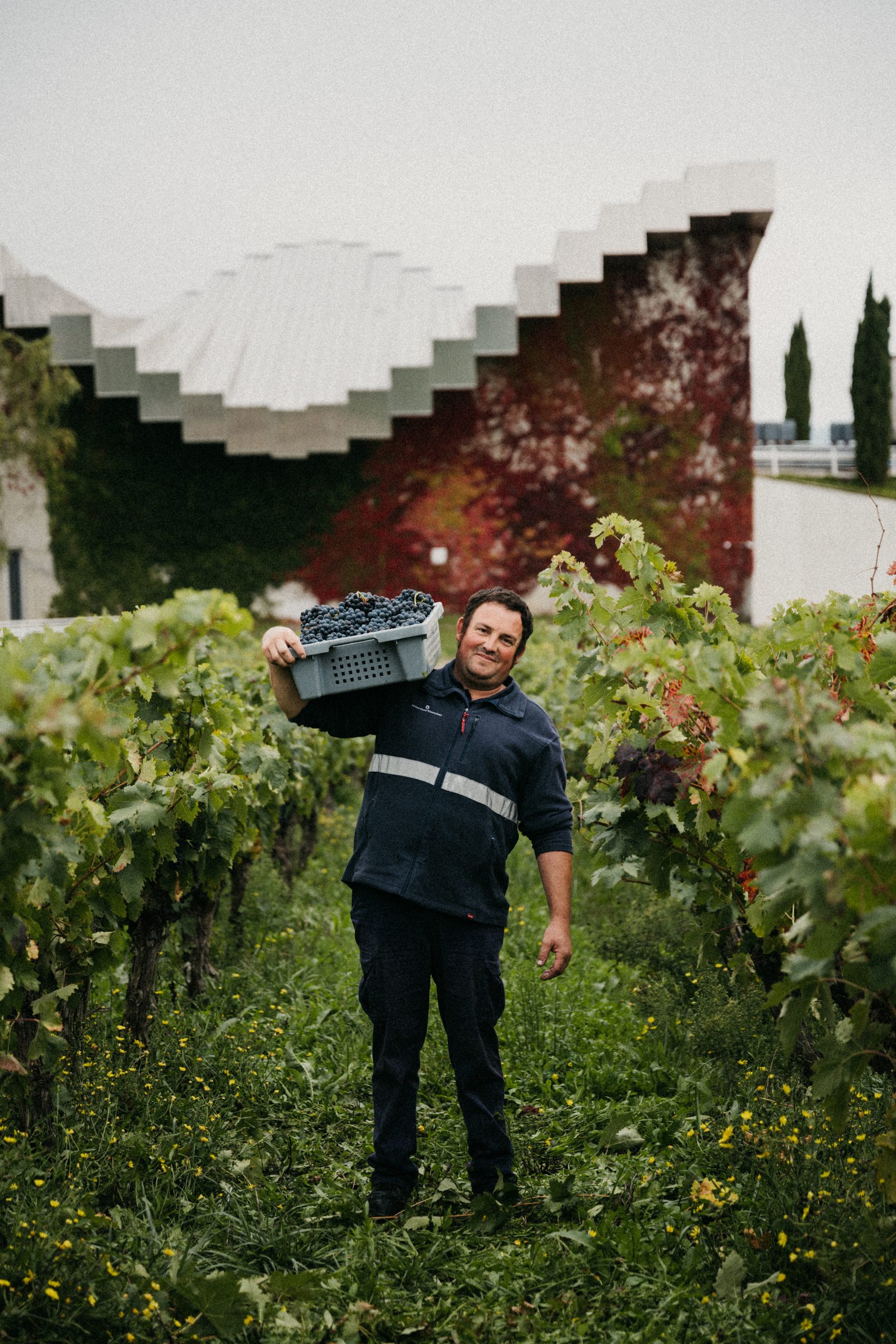Waitrose reduces ‘unnecessary’ packaging with capsule-free bottle trial
UK supermarket Waitrose is dispensing with the plastic and metal foil capsules on a small selection of its own-label wines as a trial, saying they are no longer needed to protect wine and have become purely aesthetic and part of the ritual of opening a bottle.

The sleeves have been removed on four wines in the retailers’ Loved & Found range of lesser known grape varieties – its Portuguese Trincadeira, Zibbibo and Mascalese from Sicily, and Lacrima, from Marche Italy – with a further ten wines from the same range being added by the end of the year the packaging.
A spokesman told db that the move had been in planning for a year and involved the retailer creating a new own-brand cork – the retailer’s first own brand cork – which has the Waitrose branding down the side, which is clearly visible on the clear glass white wine bottles.
Waitrose’s beer, wine and spirit sourcing manager Barry Dick, MW said that the sleeves around bottle necks had been introduced historically to prevent pests such as moths and weevils ruining wines kept in dark, damp cellars by boring into the wine corks and causing the wine to leak or to taste musty, but were no longer necessary. “Nowadays few people have wine cellars and those who do tend to keep them in much better conditions. This has meant that the sleeves have remained for purely aesthetic reasons and are no longer needed to protect wine,” he explained.
He also argued that the quality of corks used by the wine industry has been dramatically improved over.
Partner Content
“The bottles in our trial will be corked with a new FSC cork which has been extensively tried and tested for its ability to resist being contaminated with TCA, which makes corks smell and taste mouldy and ruins wine. TCA is the reason why cork fell out of favour, but cork has great sustainability credentials which is why it’s making a comeback.
Removing the capsules will save half a tonne of unnecessary packaging going to landfill per year, Waitrose says.
“The bottles look quite different as the neck appears naked, so it will be interesting to see how our customers react to us removing these familiar sleeves,” Dick added.
It follows Waitrose move to switch “as many of their small wine bottles as possible” to cans, which it says halves the carbon footprint per drink, replacing its 187ml glass bottles with cans across its range, with the exception of small bottles of Champagne, Prosecco, Cava and Rioja, due to the restrictions imposed by those appellations. The move, announced in January aimed to save around 320 tonnes of packaging.
In January, it was announced that a UK law stating that bottles of sparkling wine must be sheathed in foil could be axed by the end of the year as part of the expected bonfire of EU regulations following Brexit. The move is estimated to save producers “north of 25p per bottle” (although anything from 10p to 50p per bottle has been quoted) as well as boosting choice and sustainability. It follows an acknowledgement from the European Parliament in 2020 that “the foil does not have any other functional characteristics and is usually removed and thrown away immediately prior to consumption of the wine.”
Related news
Castel Group leadership coup escalates
For the twelfth day of Christmas...
Zuccardi Valle de Uco: textured, unique and revolutionary wines




